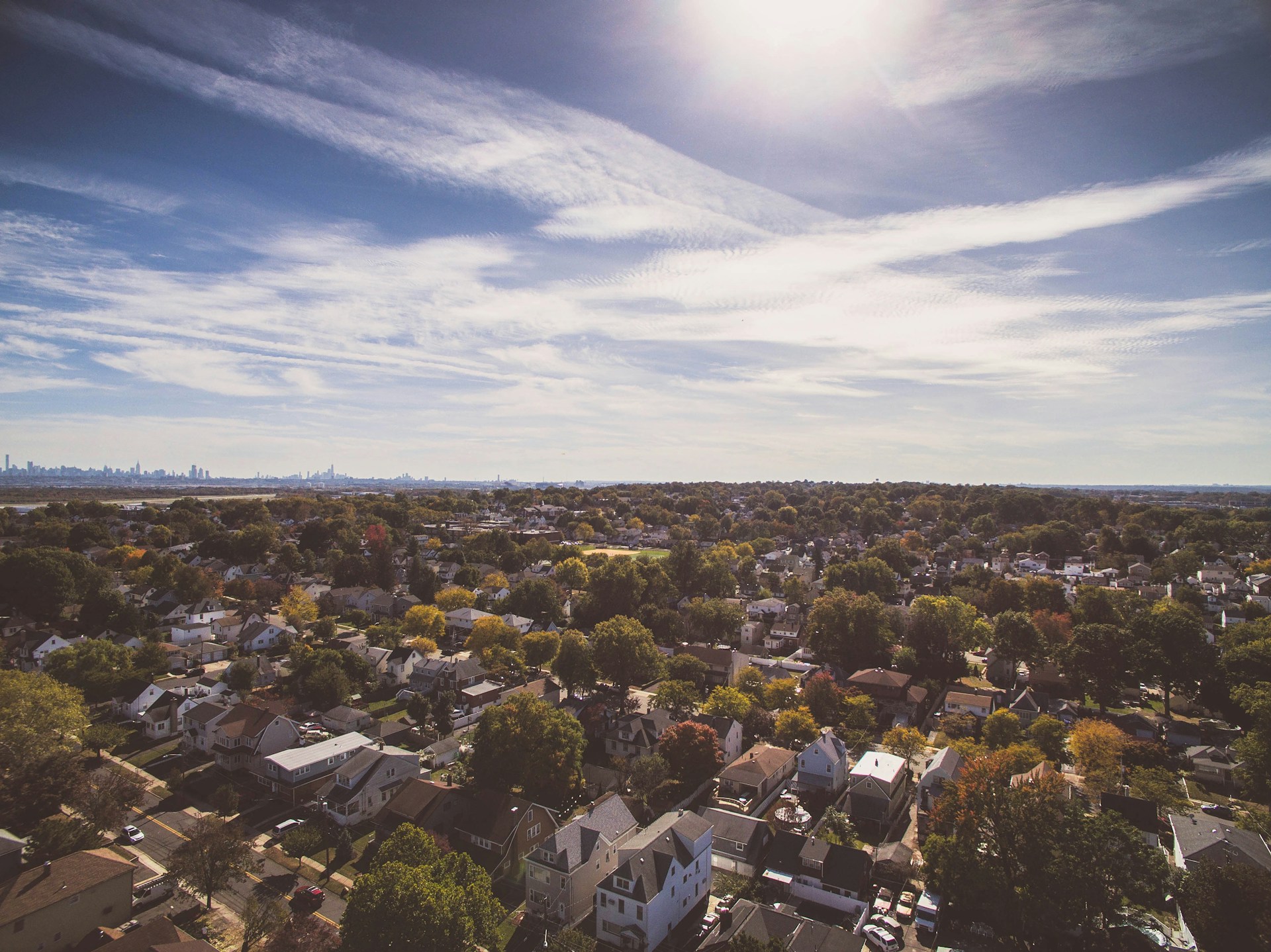
Reviving Local Journalism
Have you known or remember exactly what was happening down the street? Maybe it was that zoning change discussion, the results of the local school board election, or just the buzz about that new coffee shop opening up. For many of us here in Austin, and in countless towns across the country, getting that kind of truly local information feels harder than ever in May 2025.
There’s a term for this: "news deserts." It sounds dramatic, but it’s a real problem. It describes communities where residents have severely limited access to credible, comprehensive news and information that directly affects their daily lives. We see the symptoms – maybe your neighborhood paper shrunk, went online-only, or vanished entirely. Perhaps the city-wide outlets only parachute in for big controversies, missing the everyday texture of our communities.
Why is this happening? It's complicated, but a big part of the story is the collapse of the old local news business model. Online giants swallowed the advertising revenue (remember classified ads?), print readership declined, and many local outlets were bought up by large chains or investment funds that often prioritize profits over coverage, leading to consolidation and deep staff cuts.
The result? Less accountability for local government and businesses. More room for rumors and misinformation to spread online when there’s no trusted source to set the record straight. It can even lead to lower voter turnout and less community engagement simply because people don’t know what’s going on. It’s harder to care about local issues when you’re left in the dark.
Okay, so it’s a problem. But fixing it is tough. Quality journalism – paying talented reporters and editors to spend time digging into stories, attending tedious meetings, and verifying facts – costs real money. Digital advertising often pays poorly, and getting enough people to pay for subscriptions to cover purely local news has proven incredibly difficult.
So, what can we do? Do we just accept the silence?
At the In-House Journal, we don’t think so. We believe new approaches are desperately needed, and we’re exploring ways to make local reporting sustainable again. It requires thinking differently about how journalism gets funded and how communities get involved.
What if, for instance, communities could have dedicated online spaces focused only on their neighborhood? (Something we're thinking about with our 'Neighborhood Pages' concept).
And what if we could directly fund the specific stories that matter most to us? Imagine seeing a proposal for an in-depth report on that controversial development project on your block, or an investigation into local school funding disparities. Now imagine you, along with your neighbors, could directly contribute to making that specific reporting happen – maybe even having a small stake in its success? We're experimenting with ideas like the "Story-Stock" precisely to explore this possibility – could treating individual pieces of vital journalism (or creative work) as something valuable, something investable, help bring them to life?
These are experiments, not magic bullets. There are huge challenges. But the goal is clear: find ways to empower local voices, fund essential reporting, and rebuild the connective tissue of informed communities. A thriving Austin needs thriving local news, neighborhood by neighborhood.
What does that future look like to you?
What stories aren't being told in your part of town? What would make you invest – your time, your attention, or even your money – in truly local reporting?
Let's start the conversation.
Photo by Matt Donders on Unsplash